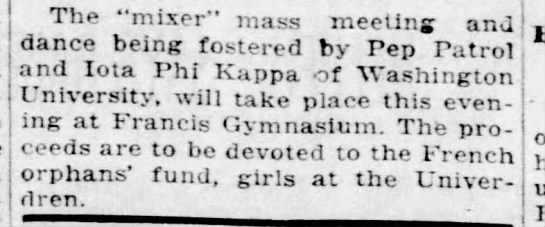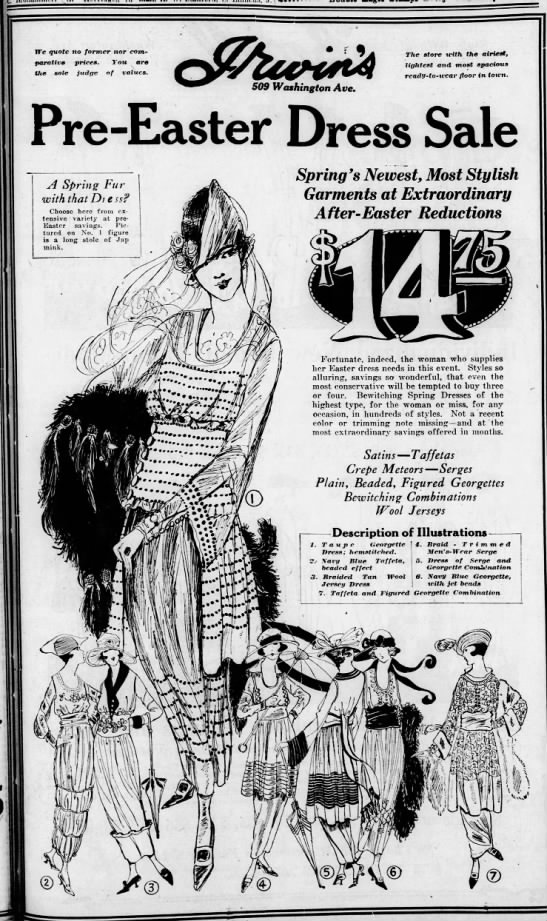The removal of children from their native families is heinous. Heartbreakingly, it is also a well-established method for destroying communities. Today refugees at our borders are cruelly separated; for over a hundred years First People's children were forcibly removed to residential schools where they were reeducated as a way of breaking native culture.
Colonization broke native groups with deadly results: high suicide rates, addictions, and psychological disorders.
Recently I have read several books that reflect on this history. Suzanne Methot's book is a sociological, psychological, and personal history on the issue; Linda LeGarde Grover's novelization offers readers an accessible understanding and emotional connection through her fictional characters.
*****
She sways, and then she is dancing in the style of the Objibwe traditional women, hands on hips and feet kneading the fire escape floor, its board softened with age and weather, pivoting half-circles left to right, right to left, lifting the invisible eagle feather fan in her left hand to return the song of prayer that is the Creator given gift of Waawaateg. from In the Night of Memory by Linda LeGarde Grover
Azure Sky was the storyteller who kept the visual memory alive for her elder sister Rainfall Dawn. Their mother Loretta had roused them from their bed on the couch, and wrapping them in a blanket, took them outside to see the northern lights flashing in the night sky. Loretta folded her blanket and drew it across her shoulders, chanting and dancing in the old way. The next morning Loretta left the girls at the county, unable to care for them, hoping that rehab would change her life and reunite her family.
Azure and Rainy never saw their mother again.
They were two halves of the same sister, stronger together than apart. But the county did part them. Azure survived; Rainy was broken. When they were teens their extended Ojibwa family tracked them down and through the Indian Child Welfare act returned them to their people.
In the Night of Memory by Linda LeGarde Grover is hauntingly beautiful and achingly heartbreaking. Different voices tell the story of Loretta, Azure, and Rainy, which is the story of a community broken by colonialism and the removal of native children. And how, having lost Loretta, they determine not to lose Loretta's children but bring them back home.
It was a long, hard, road to the Indian Child Act, and though it's not perfect, it's what we got. from In the Night of Memory by Linda LeGarde Grover
I received a book from the University of Minnesota Press through Bookish First in exchange for a fair and unbiased review. Find a book discussion guide by clicking
here.
I read
Legacy: Story, Trauma, and Indigenous Healing by Suzanne Methot which addresses Chronic Post Traumatic Stress Disorder caused by the destruction of First People communities when their children were taken from them and sent to residential schools.
 Legacy: Trauma, Story and Indigenous Healing
Legacy: Trauma, Story and Indigenous Healing by
Suzanne Methot
The book combines Methot's personal story with history and psychology to create an understanding of the consequences of colonization. She demonstrates how abuse and CPTSD creates a cycle that impacts generations. On the personal level, she documents her own legacy of abuse and dysfunction and how a return to traditional ways brought healing. On the universal, she explains the psychological damage of trauma through story, with summary charts at chapter ends.
Methot's book is perhaps more suited for the indigenous population or educators and those in the helping professions who work with indigenous people. But I found her insights applicable in many ways. I found myself thinking about women I have known who demonstrated the characteristics she describes. And I even found myself applying her insights to characters in novels I have read!
I thank ECW Press for a free ebook in exchange for a fair and unbiased review.
*****
Other books on Native Americans I have reviewed:
Clyde Bellencourt's memoir The Thunder Before the Storm
The Quiet Before the Thaw, a novel by Alexandra Fuller
https://theliteratequilter.blogspot.com/2017/06/quiet-until-thaw-by-alexandra-fuller.html
The Right to Be Cold by Sheila Watt-Cloutier is the activist's memoir
https://theliteratequilter.blogspot.com/2018/05/the-right-to-be-cold-one-womans-fight.html
There There, a novel by Tommy Orange
https://theliteratequilter.blogspot.com/2018/08/there-there-by-tommy-orange.html
Massacre at Sand Creek by Gary L. Roberts, commissioned by the United Methodist Church as part of their repentance
https://theliteratequilter.blogspot.com/2016/05/the-methodist-episcopal-church-and-sand.html
And the horrifying history
Killers of the Flower Moon by David Grann













